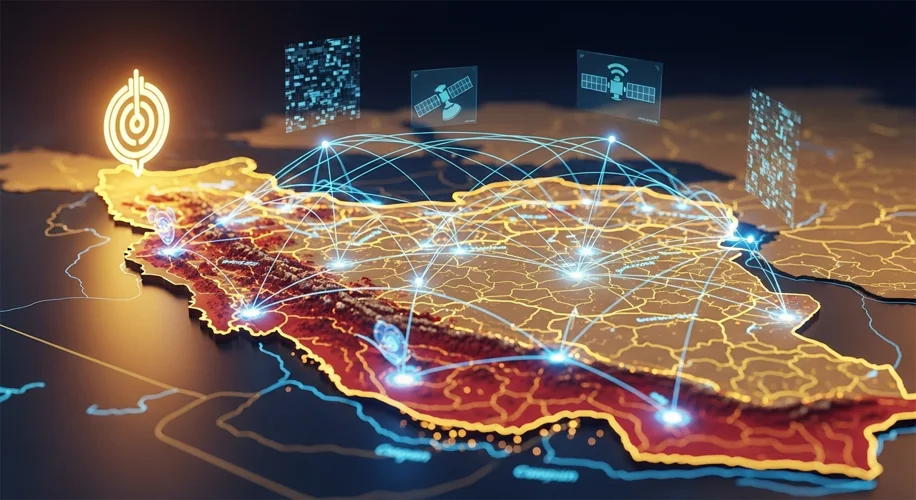Okay, so hear me out… Iran’s been talking about ditching GPS for a while, and it might sound like just another tech headline. But honestly, it’s a pretty big deal, and it’s not just about satellites.
So, what’s the deal? GPS, or the Global Positioning System, is that super common tech that tells your phone, your car, even your smartwatch, exactly where you are on Earth. It uses a network of satellites managed by the U.S. government. Think of it as a constant, invisible conversation happening between your device and space.
Now, why would a country want to step away from something so widely used? Well, it boils down to control and independence. Having a reliable navigation system is crucial for everything from everyday life to military operations. If a country relies entirely on a system controlled by another nation, it creates a vulnerability. Imagine if, for whatever reason, that system was disrupted or, worse, manipulated. That’s a serious strategic concern.
Iran’s approach seems to be leaning towards developing and utilizing its own national navigation system, potentially integrating with or even replacing components of existing global systems. This isn’t entirely new; other countries, like Russia with GLONASS and the European Union with Galileo, have their own satellite navigation systems. It’s a way to ensure they have a functioning system regardless of external factors.
But here’s the catch: building and maintaining a robust satellite navigation system is incredibly complex and expensive. It requires launching and managing a constellation of satellites, developing ground control stations, and ensuring the accuracy and reliability that users expect. It’s a massive engineering undertaking.
From a technology perspective, this move could spur innovation within Iran, pushing them to develop their own expertise in space technology, software, and secure communication. It’s a classic case of necessity being the mother of invention. They might be looking at different ways to achieve precise location services, perhaps using a mix of technologies or focusing on regional solutions.
When we talk about geopolitics and technology, this is a prime example. It highlights how critical infrastructure, like navigation systems, can become intertwined with national security and international relations. It’s not just about having the latest gadgets; it’s about the underlying infrastructure that powers our modern world and who controls it.
So, while it might seem like a niche tech story, Iran’s move away from solely relying on GPS touches on bigger themes of technological sovereignty, national security, and the ongoing evolution of global infrastructure. It’s a reminder that the tech we use every day often has roots in much larger, complex systems. What do you guys think? Let me know in the comments!

